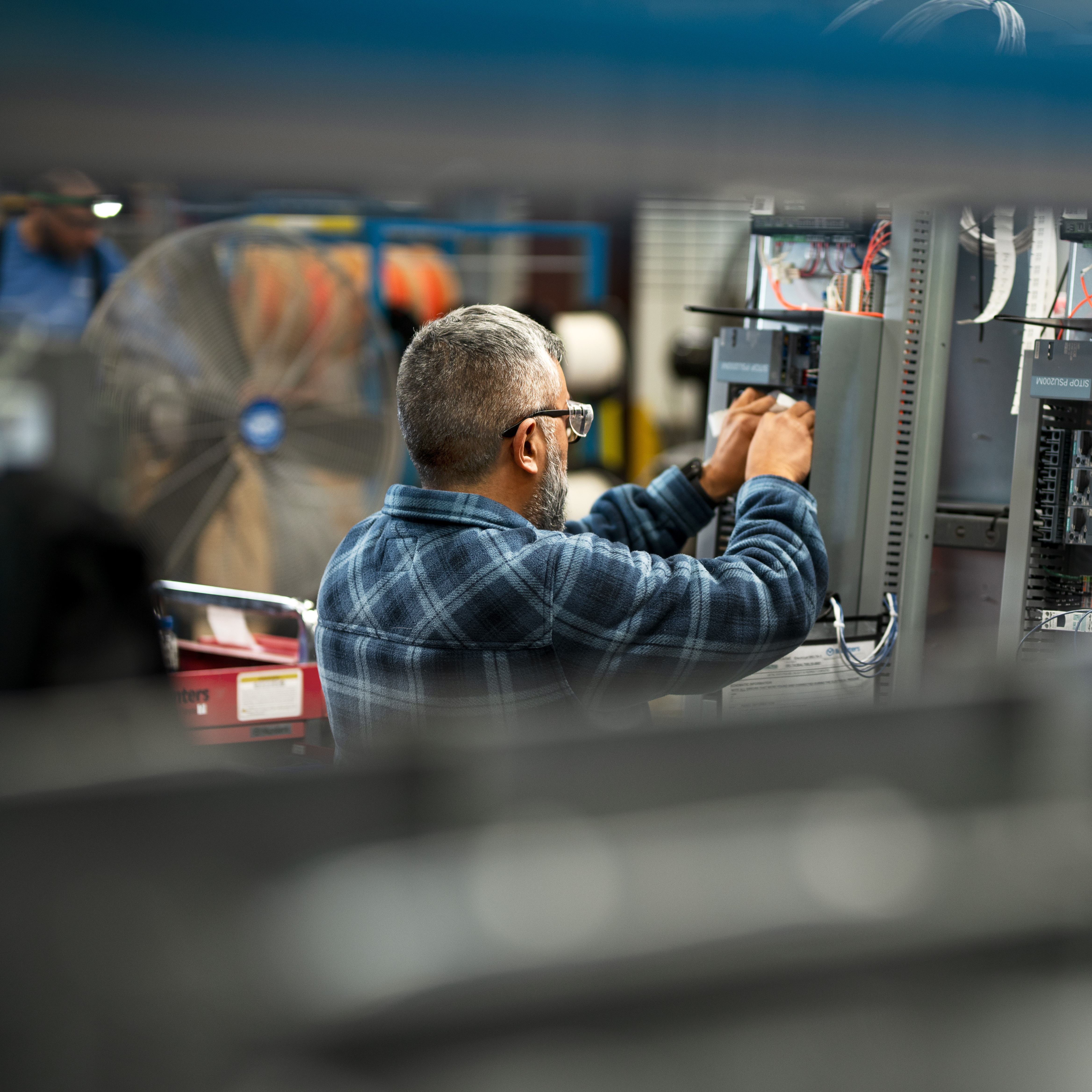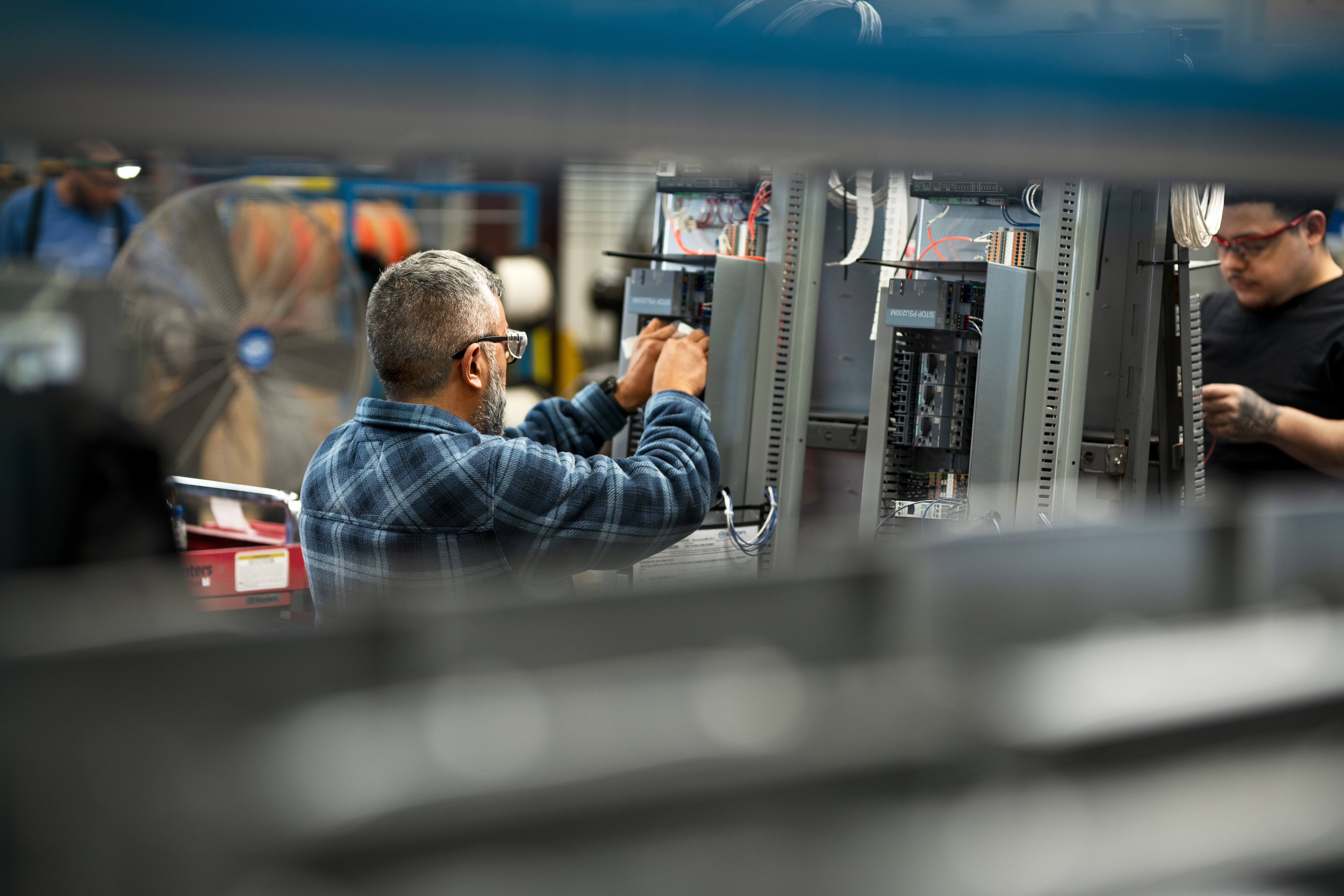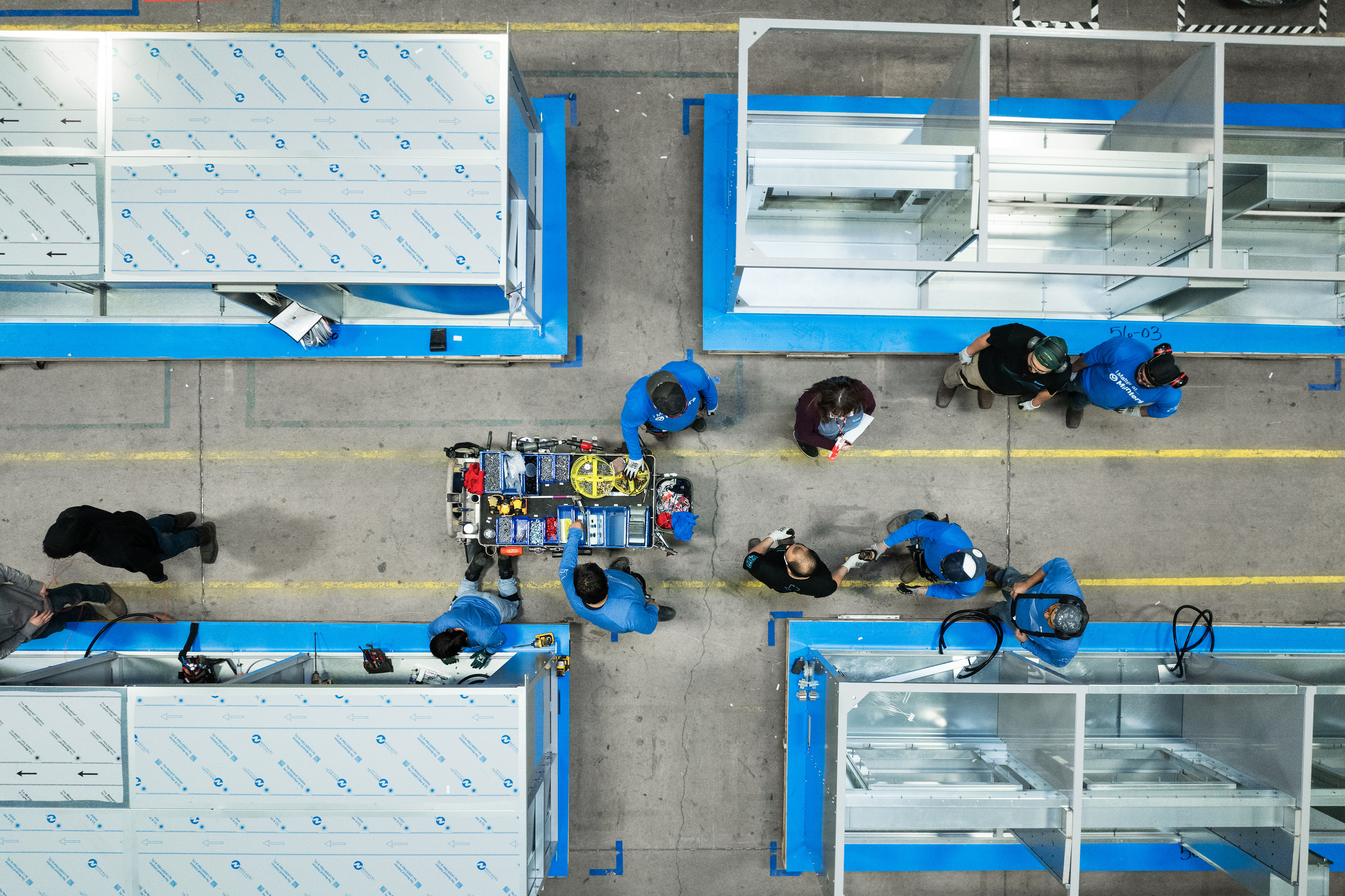Invitation to Munters Q2
interim report presentation 2025
Munters Lösungen zur Klimaregelung bewahren die Geschichte Carlsbergs.
Anpassbare und energieeffiziente Luft- und Flüssigkeitskühlungslösungen für Rechenzentren
Eine intelligentere, digitale
Lebensmittelversorgungskette
beginnt hier
Upcoming events
All eventsSep 10-Sep 11
Sep 17-Sep 18
Sep 23-Sep 25
ExhibitionPOWTECH TECHNOPHARM
NürnbergMesse GmbH, Messezentrum 1, 90471 Nürnberg23.09.2025 02:00:00 - 25.09.2025 10:00:00
Sep 23-Sep 25
ExhibitionAHR Expo Mexico
Cintermex, Obrera Monterrey, N.L. - Mexico23.09.2025 12:00:00 - 25.09.2025 18:00:00





















